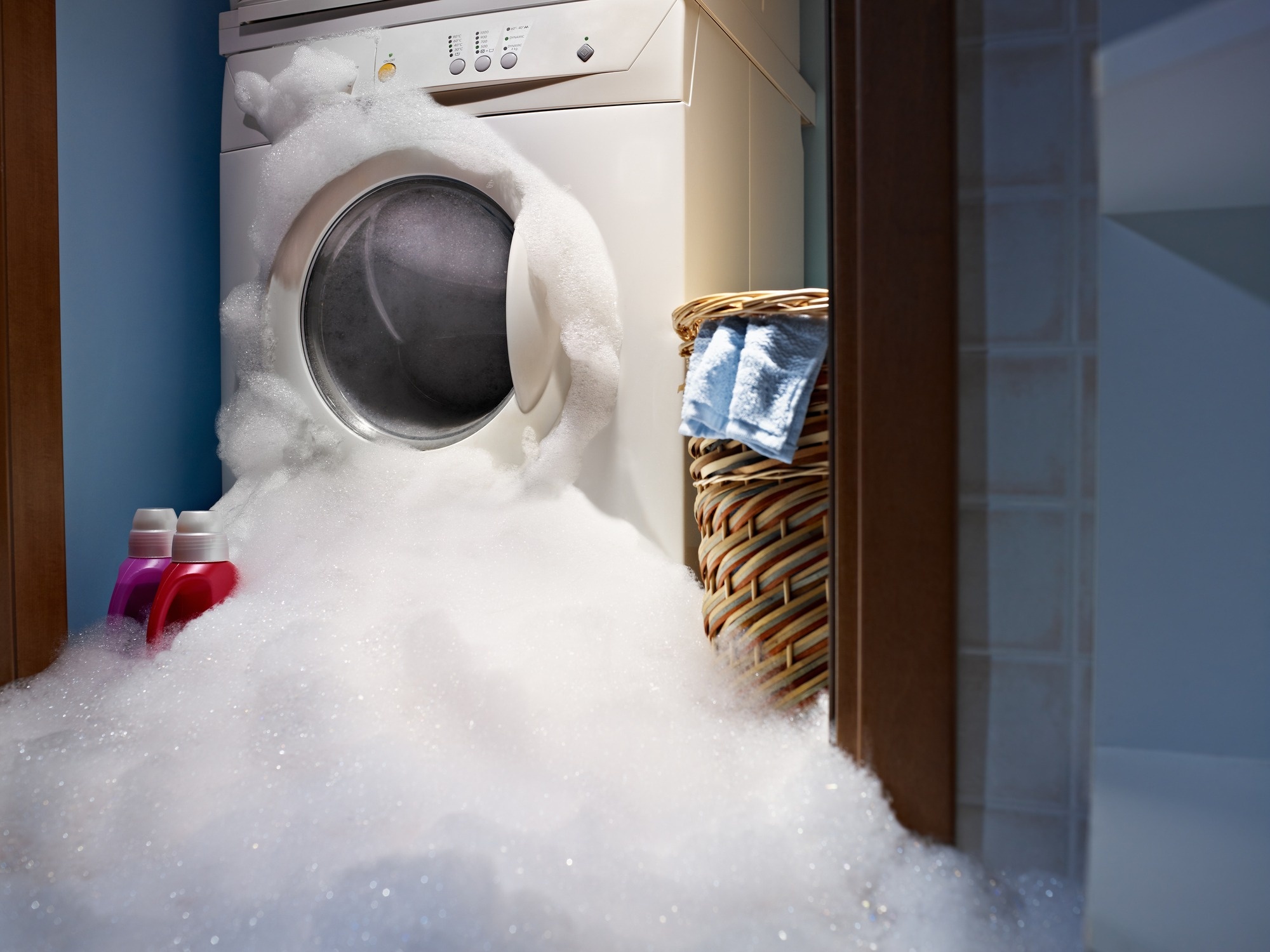1. Abide by the manufacturer's instructions
First, be sure to read the included instructions manual and often refer back to it. Manufacturers know best when it comes to care and maintenance recommendations. By replacing filters, cleaning coils or lubricating parts, you help appliances work effectively for years past their average lifespan.

2. Avoid appliance misuse
Ease up on expecting too much out of household gadgets regularly. For instance, overstuffing a washing machine stresses out its motor, therefore, shortening its durability. Give cleaning equipment some breathing room when operating so they aren't overexerting themselves unnecessarily.

3. Perform regular cleaning
Every so often, take some time out to thoroughly clean your appliances both inside and out. Allowing spills, grease and dust to build up leads to poor performance or mechanical issues over time. Promptly tackle any visible residue with approved cleaners and cloth to keep things running smoothly.

4. Swap out worn parts
With time, even minor parts like seals and knobs wear down. As soon as something seems amiss, replace accessories immediately. That way, problems won’t escalate and avoidable repairs are prevented. Consider keeping common spare parts on hand so they can be swapped in right when required.

5. Add surge protection
Power spikes can damage appliances' sensitive circuitry. Safeguarding them with surge protectors defends against electrical disruptions. In other words, surge protectors shield electronics.

6. Upgrade when possible
As energy-efficient technology progresses, manufacturers release appliances with better optimizations for performance and durability. New compressors, control boards, sensors allow refrigerators, for instance, to cool more consistently with less strain. For those with aging appliances well past their prime though, replacement provides the benefits of the latest features to support extended lifespans.

7. Enlist professional support
If an appliance is acting up strangely and simple fixes aren't working, seek assistance from an experienced repair technician. They can run diagnostics checks and fix underlying issues much more efficiently than attempts made on your own. Carefully consider whether cost of repairs exceed replacement. Knowing when to let go or invest in repairs is key when evaluating next steps.

